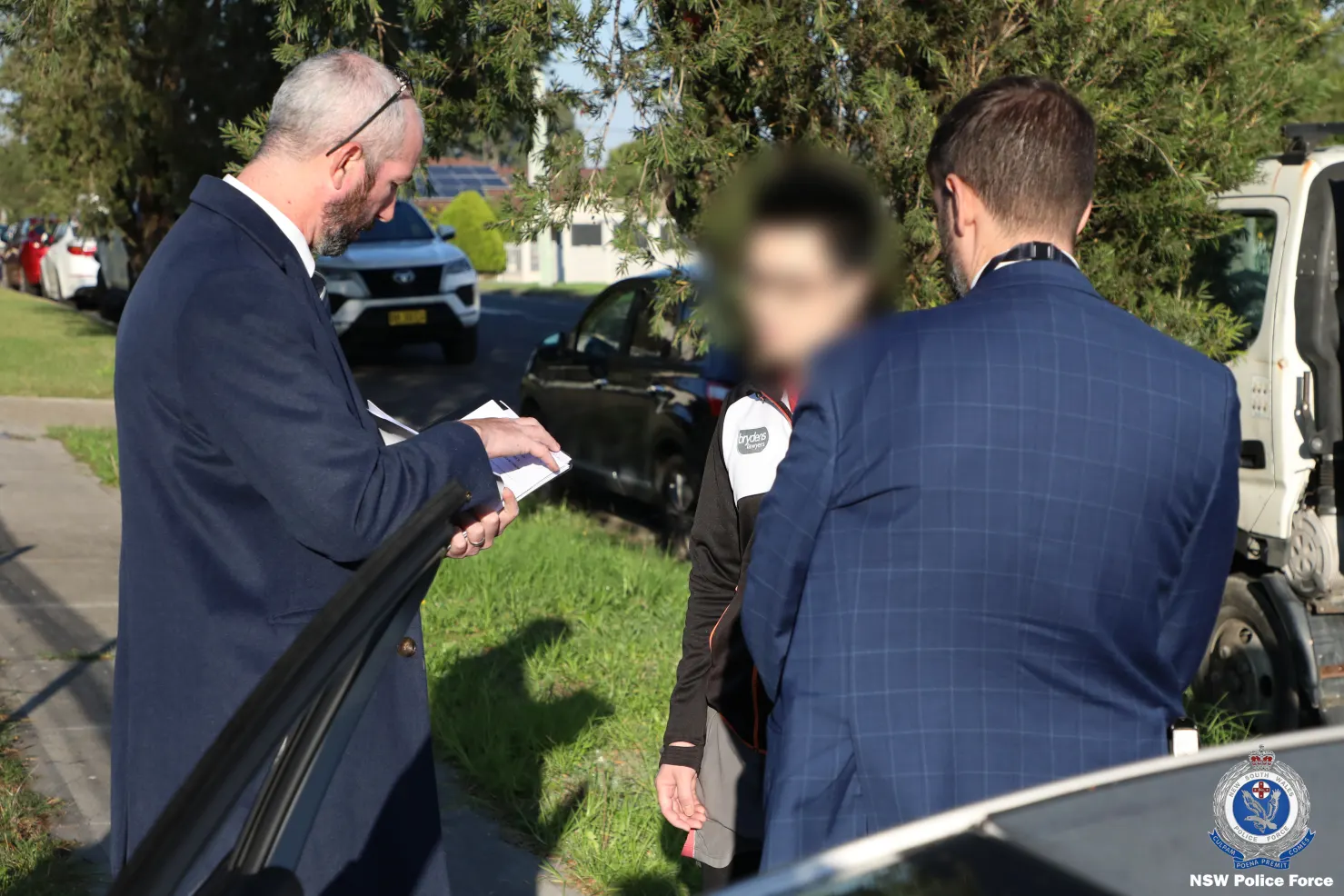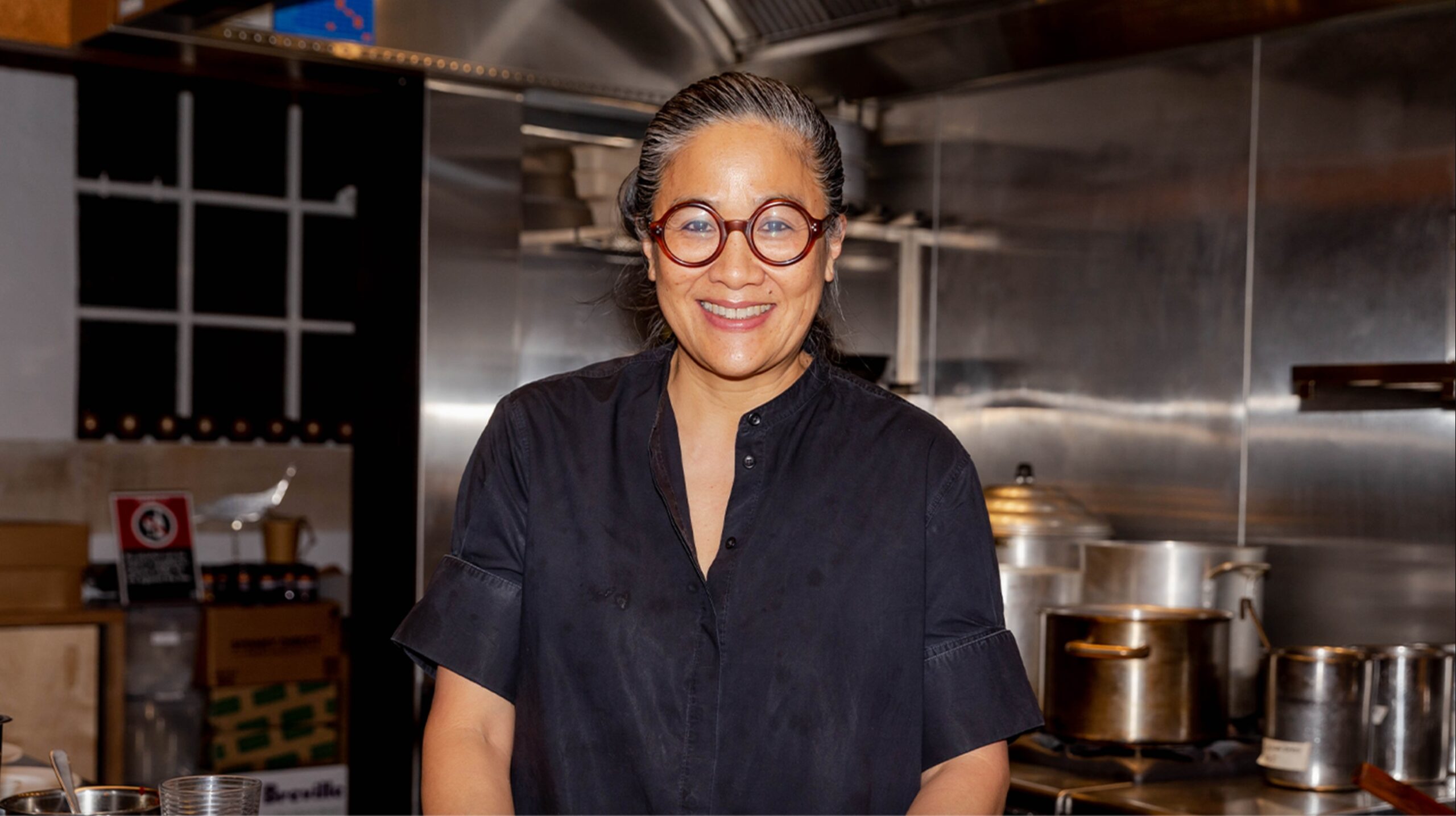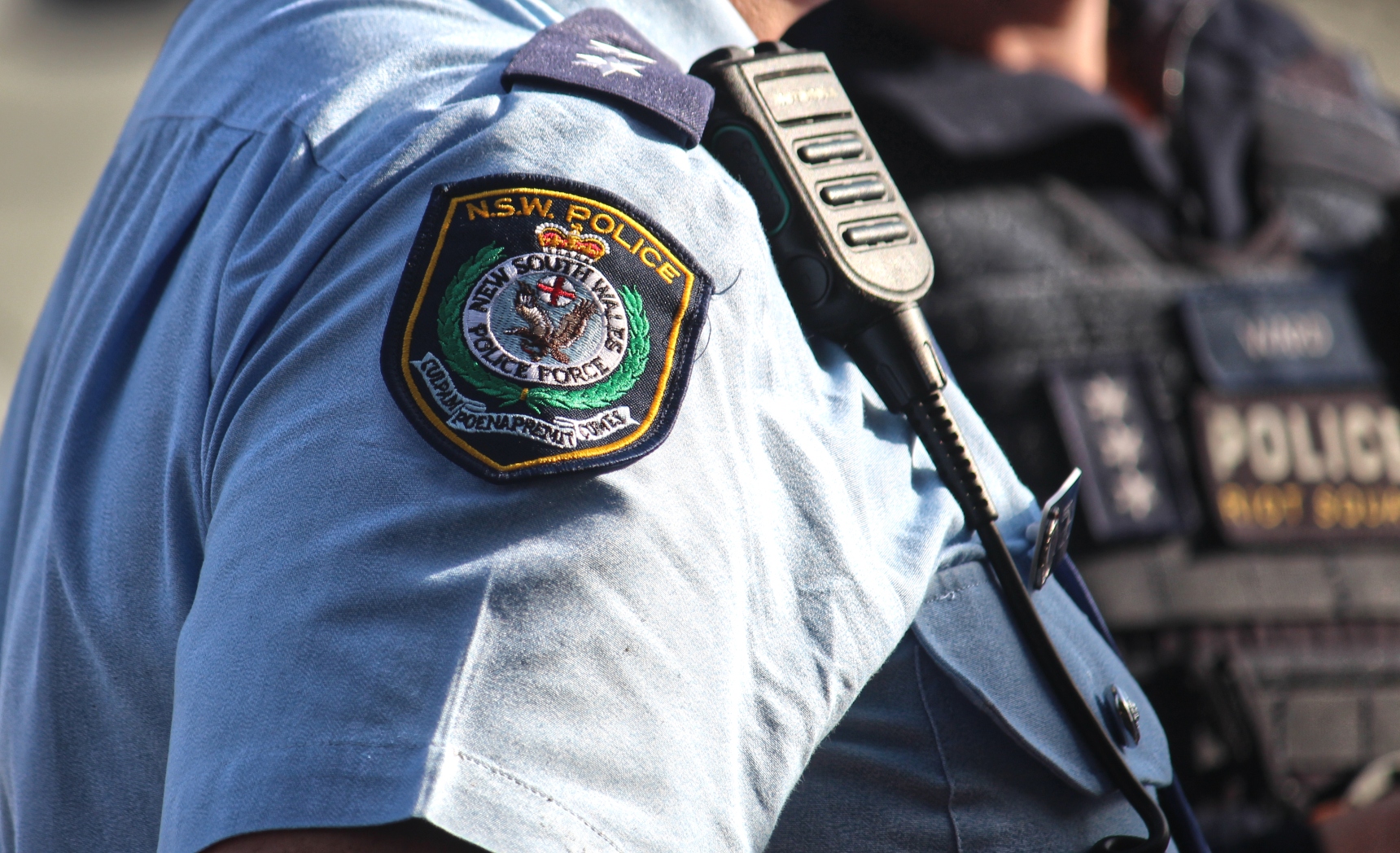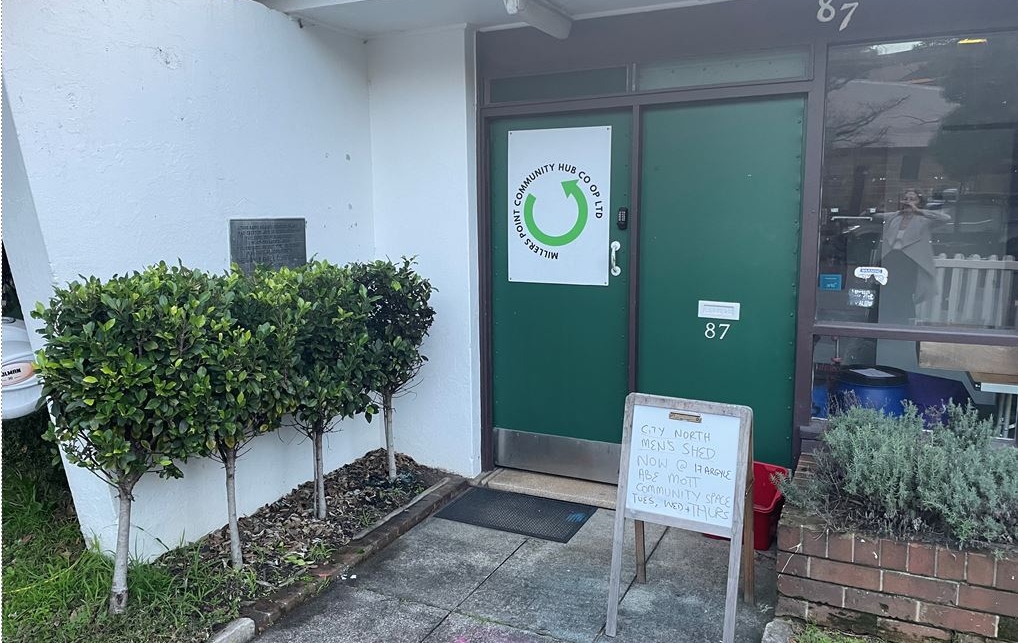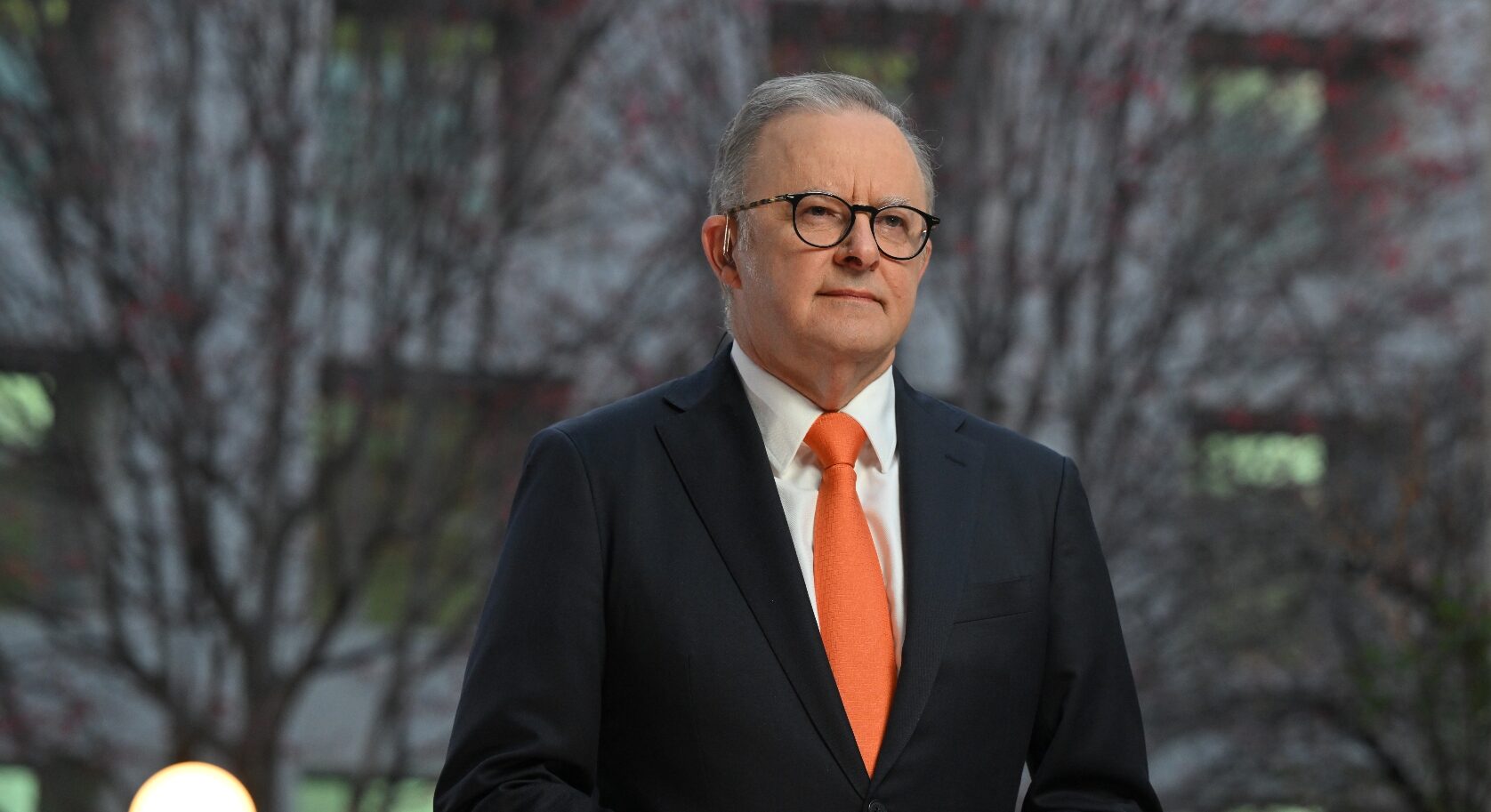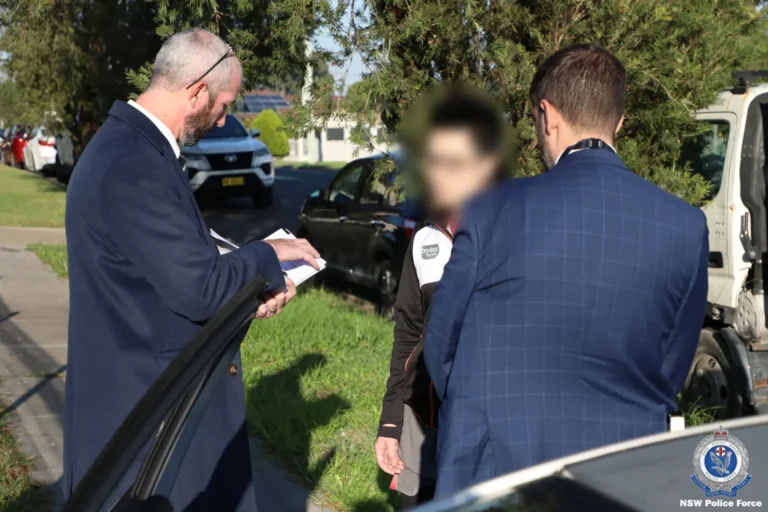
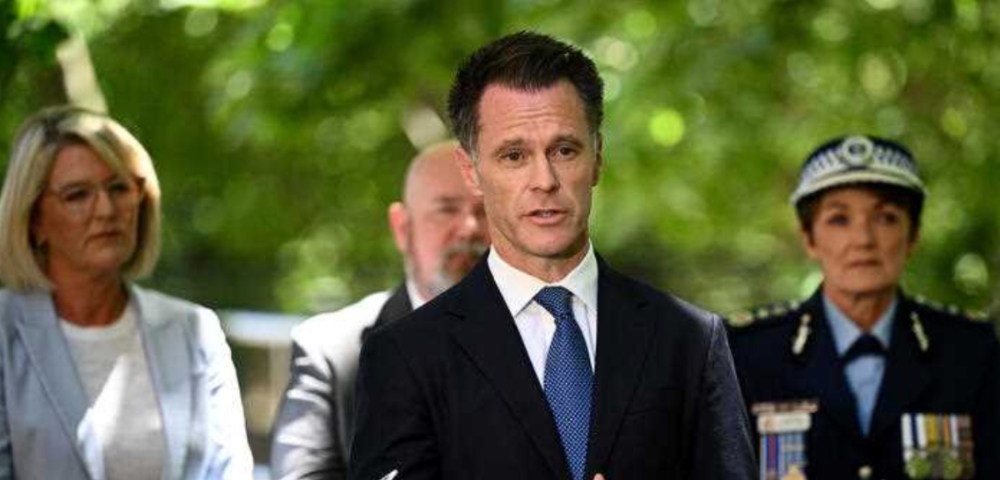
by GRACE JOHNSON
Campaigners are outraged after the NSW Government announced they will be paying trainees to become police officers, while students in healthcare, education and social assistance continue to struggle with unpaid placements.
From March 2024, the government will be paying Student Police Officers to study at the Goulburn Police Academy.
The students will receive a total salary of approximately $30,984 over the 16-week study period, which works out to be $1,360 per week, plus superannuation and an estimated $380 in award-based allowances.
The scheme, announced on October 31, aims to address the shortfall in police numbers, which has reportedly come to 1,500 vacancies.
NSW Police Commissioner Karen Webb said, “I can’t think of a more exciting announcement for the NSW Police Force and it comes at a time when I know all our current hard working, dedicated officers will be very relieved. The calvary is coming!”
NSW Premier Chris Minns said, “We want to attract a diverse new cohort of NSW Police Officers, my message to anyone who has considered joining the NSW Police is that now is the time to apply.”
Some are asking the question, do we really need more police officers?
And what about the students in other essential industries who are struggling to keep up with the hundreds of hours of unpaid placements?
Nursing students are required to undertake a minimum of 800 hours of unpaid placements during their degree.
Teaching students need to complete 500 hours, while social work students must complete a whopping 1,000 hours of unpaid placements.
The government recently announced a pay rise for teachers in an attempt to address shortages in the industry, and acknowledged that more people than ever are turning away from teaching. A government media release stated that the pay rise was “vital to restoring respect to the teaching profession and, crucially, key to attracting more teachers to the profession.”
But there have been no signs of addressing the copious amount of hours that students in some of society’s most essential industries.
Under the Fair Work Act, students completing vocational placements aren’t considered employees and therefore aren’t entitled to minimum wage or other benefits.
Research literature
A recent study co-written by Professor Christine Morley from the School of Public Health and Social Work at Queensland University of Technology explored the severe financial disadvantages that students have to go through while undertaking unpaid placements. The students surveyed spoke of regularly skipping meals or changing their diets to save money. The food insecurity, in a cost-of-living crisis, took a heavy toll on their lives.
This is not new.
In 2017, The Universities Australia Student Finances Survey looked at more than 18,500 university students about their cost of living and day-to-day financial reality.
It found that more than half of students (58 per cent) are worried about their financial situation. 15 per cent of students regularly go without food or necessities. 1 in 10 students deferred their studies because they could not afford to continue.
Universities Australia Chief Executive Catriona Jackson said, “Education is meant to come first when you are studying, but we know that for some groups of students who live life on the financial edge, that’s just not their reality.”
“Many students are trying to get rent and bills paid, and some are trying to keep food on the table for their own children, while juggling paid jobs and their studies,” she said.
Little has been done in the policy or educational standards sectors to address this problem for university students. Government financial supports for students in Australia remain inadequate as a living wage and are set well below the poverty line.
Community outrage
Greens Member for Newtown Jenny Leong took to Instagram to express her frustration:
“Why should these students be expected to pour hundreds of hours into unpaid placements that force many below the poverty line – when the work they do is critical to the care and health of our communities.”
“We need more teachers, nurses, healthcare workers and early childhood educators (not more police!!) – and they should be paid for their placements.”
View this post on Instagram
Activist collective Students Against Placement Poverty have organised a rally for paid placements. It will take place outside NSW Parliament on November 28.




